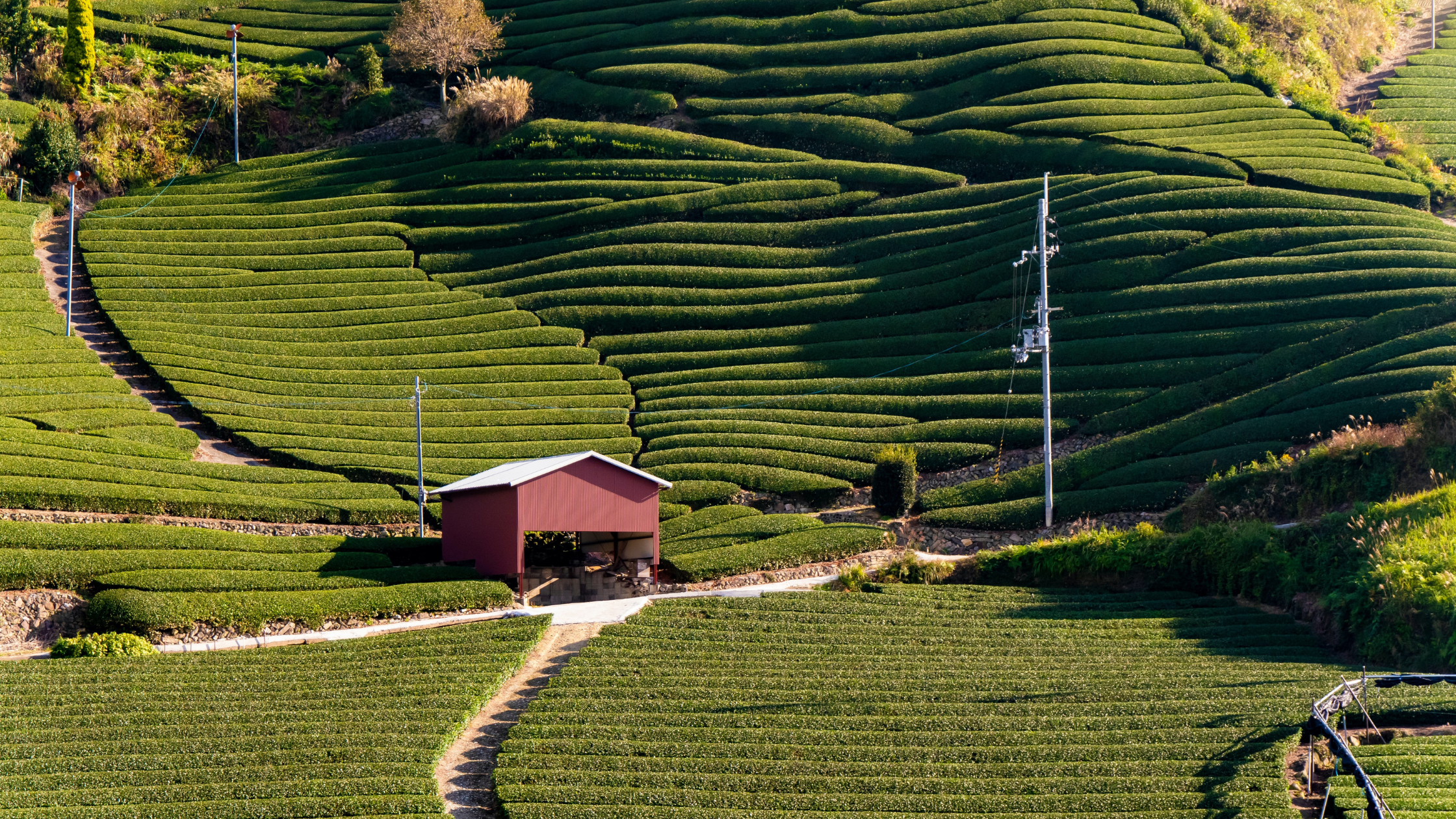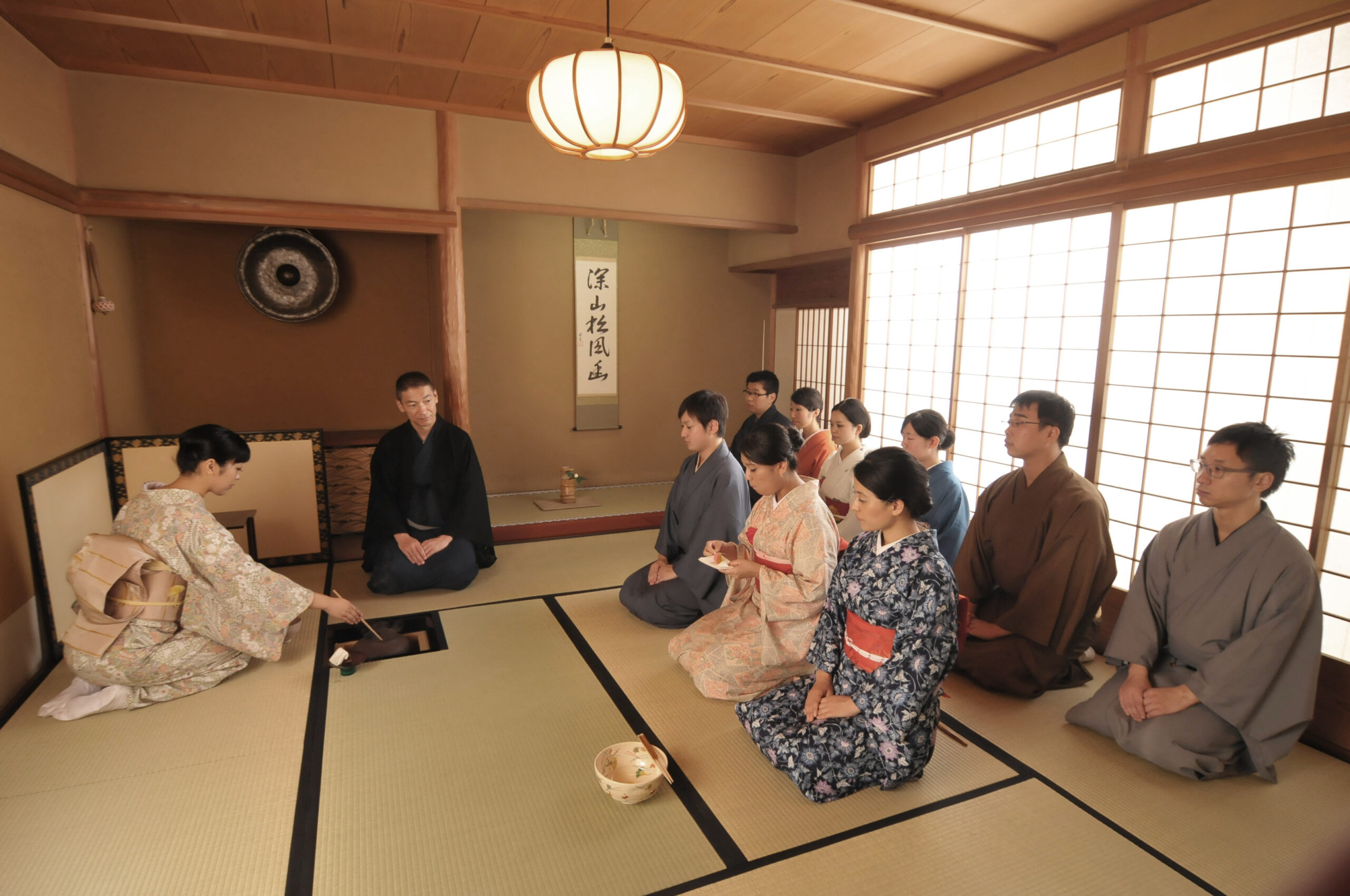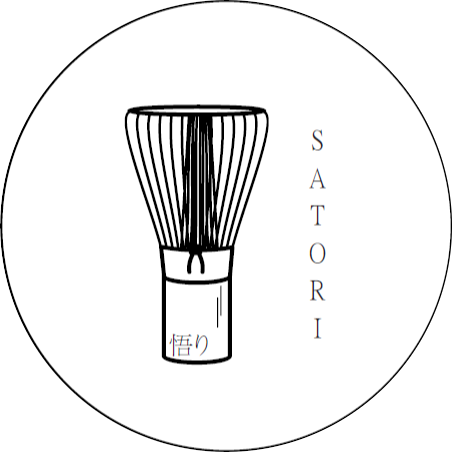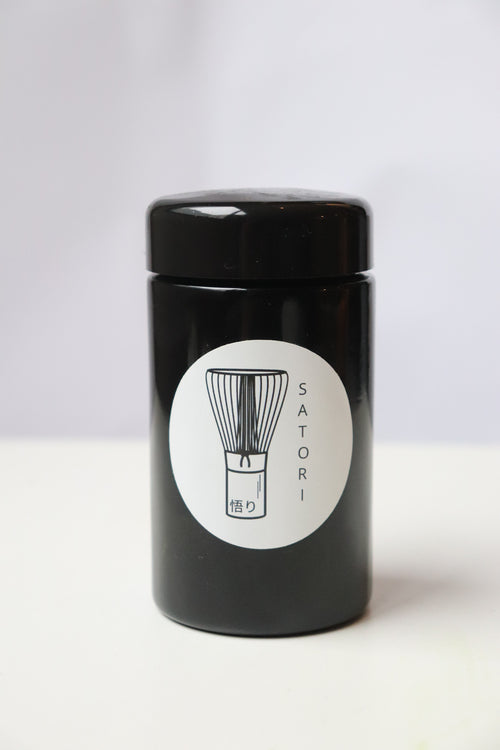When you think of Kyoto, you probably picture stunning temples, cherry blossoms, and traditional tea houses. But did you know this historic city is also home to the best matcha in the world?
Thanks to its deep-rooted history, ideal climate, and dedication to tradition, Kyoto, especially the Uji region has earned its title as the matcha capital of the world.
The Birthplace of Japanese Matcha
Matcha has been a part of Kyoto’s culture for centuries. It all started in the 12th century when Buddhist monk Eisai brought powdered tea from China to Japan. Over time, Kyoto became the heart of Japan’s tea culture, and matcha became a staple in Zen Buddhism and the Japanese tea ceremony. Today, Uji, a small town just outside Kyoto, is where some of the world’s highest-quality matcha is grown.

Why Kyoto’s Matcha is the Best
So, what makes Kyoto’s matcha stand out from the rest? It all comes down to the perfect combination of environment, technique, and tradition.
1. Ideal Climate and Soil
Uji’s misty mornings, fertile soil, and clean water create the perfect conditions for growing high-quality tea. The slow-growing process allows the leaves to develop a rich, complex flavor that sets Kyoto matcha apart from other varieties.
2. Unique Shading Techniques
Farmers in Uji use a special shading method called Tana, where tea plants are covered for about 20–30 days before harvest. This process increases chlorophyll levels, giving matcha its bright green color and smooth, umami-rich taste.
3. Hand-Picked and Stone-Ground Perfection
Only the youngest, most tender tea leaves are selected for matcha. After harvesting, they’re steamed, dried, and ground into a fine powder using traditional stone mills. This slow, careful process ensures a silky texture and fresh, vibrant flavor.
4. Strict Quality Standards
Not all matcha is created equal. Kyoto matcha is classified into different grades, with ceremonial-grade matcha being the highest quality. This type is used in traditional Japanese tea ceremonies and is known for its smooth, well-balanced flavor with no bitterness.
Kyoto and the Art of the Tea Ceremony
Matcha is more than just a drink in Kyoto, It’s an experience. The Japanese tea ceremony, or Chadō (The Way of Tea), is an elegant, meditative ritual that focuses on simplicity, mindfulness, and hospitality. Kyoto is home to some of Japan’s most famous tea schools, like Urasenke, Omotesenke, and Mushanokōji-senke, where tea masters have been perfecting their craft for generations.
If you ever visit Kyoto, don’t miss the chance to experience a traditional tea ceremony. The historic districts of Gion and Higashiyama are great places to find authentic tea houses where you can see this beautiful ritual in action.
Must-Visit Matcha Spots in Kyoto
If you’re a matcha lover, Kyoto is a dream destination. Here are some must-visit spots:
-
Uji Tea Plantations – Walk through the lush tea fields and see how matcha is grown and harvested.
-
Famous Tea Houses – Stop by Ippodo Tea Co. and Tsujiri to taste some of Kyoto’s best matcha.
-
Byodo-in Temple – This historic temple, located in Uji, is the perfect place to enjoy matcha with a view.
-
Nishiki Market – Try matcha-infused treats like matcha ice cream, mochi, and even matcha soba noodles.
Conclusion
Kyoto’s dedication to tradition, expert farming methods, and deep cultural connection to tea make it the ultimate matcha destination. Whether you’re sipping a frothy matcha latte, enjoying a peaceful tea ceremony, or walking through the beautiful tea fields of Uji, you’re experiencing a piece of Japanese history in every sip.
Want to bring the taste of Kyoto to your home? Satori Tea House sources the finest matcha straight from Kyoto, so you can enjoy the authentic experience no matter where you are.




